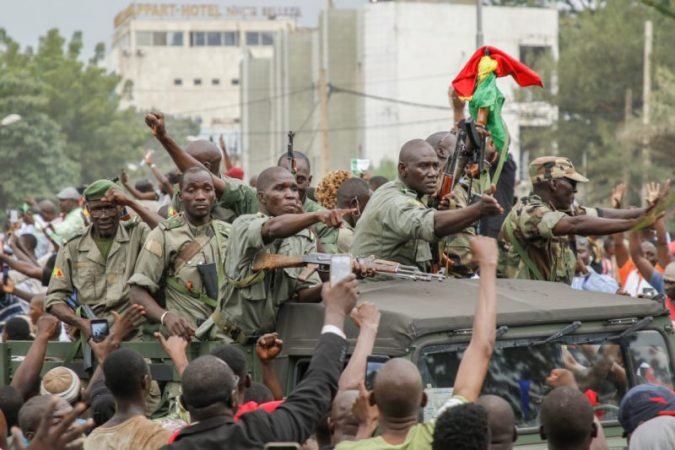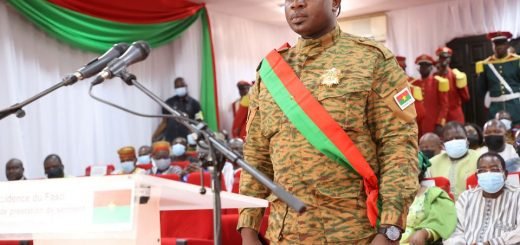The Military Coup in Mali

Mali is a landlocked country in western Africa. Formerly a French colony attained independence in 1960. Since then the country was under military dictatorship for long until the democratic elections of 1992. The majority of the population comprises of Muslim around 95 percent and remaining traditional religion. Agriculture is the main source of economy. Mali is worse affected by natural calamities such as drought, rebellions, coup, terrorism. Also, it is one of the poorest countries in the world.
Present Political crisis
On August 18, 2020, soldiers took up arms in Kati, the largest garrison town in Mali and they headed to the capital. Then they took over state media and arrested high-level officials which eventually led to the arrest and resignation of the president Ibrahim Boubacar Keita (IBK) and his prime minister Boubou Cissé.

It was in 2012 the country last experienced a military coup in which Malian soldiers overthrew President Amadou Toumani Tonure due to corruption and mismanagement of Tuareg led rebellion in the north.
This mutiny is not just confined to a single dimension it has multidimensional aspects in terms of social, economic and political. The major events that led to current resignation were begun by a protest in early June by a movement namely M5-RPF (Movement of 5 June – Rally of patriotic forces) demanding the resignation of president IBK. The major reason for the protest was increased corruption, nepotism and the economic crises also the failure to destabilise the insurgent separatist and terrorism groups having a link with Al Qaeda. The protest gets spurred when the opposition alleges the IBK has hijacked the parliamentary elections held in March which made IBK associates to remain in power. Also alleging that he benefited from international aid, appointing family members in key positions.
The coup was spearhead by high ranking military officials they gathered under the banner National committee for the salvation of the people (CNSP). They appeared in the media and it’s spokesman made a statement that they are committed to political transition and general elections will be conducted within a reasonable time. Affirming that they don’t have the plan to remain in power. They justified their actions saying protecting their nation which is delving into deeper chaos, anarchy and insecurity. Meanwhile, the IBK said he was Surrendering to the military as he doesn’t want ‘ Any bloodshed’. Analysts argue that the military coup was not directly linked with MR5- RPF group protest. There alleges that military takeover was due to instability of governance. But the Protest group had openly supported the military action and alleges the IBK’s failure to listen to his people. The protest groups celebrated the military coup on the streets indicating they were fed up with long-standing Political instability of the IBK government. Also, the military have it own problems with government the lack of salary payment, long-standing complaints like governments indifference about soldiers death. The pandemic COVID 19 has also hit the economy the government’s inability to resolve all these crises tipped the military into action.

International and regional response
The US, France and other countries along with it multilateral and regional institutions like the United Nations, European Union, African Union and Economic Community of West African States (ECOWAS) have condemned the coup attempt. ECOWAS immediately suspended Mali’s membership, closed all air and land borders with the country, closed financial flows between Mali and other member states and threatened individual sanctions.
Terrorism is one of the biggest tussle faced by Mali to tackle this by them alone is not possible as it requires a large investment in defence. Its former colonial ruler France and G5 Sahel régional grouping is helping them in their efforts to counter Terrorism. Earlier, the United States used to train their military personnel and it is noticed that those participating in their joint exercises were also involved in the coup attempt that forced the US to stop the military aid until the situation is reviewed. The overthrow of the president put forward the question: what’s next?
What about International Accords?
The CNSP has affirmed that it will observe all international agreements particularly the 2015 Algiers peace agreement, french led counter Terrorism operation.
The overthrow of president in military coup questions the countries ability to sustain Counter-Terrorism. Also, it undermines counter Terrorism efforts in its neighbours Burkino Faso and Niger. There is fear whether terrorist groups will take the anarchical state to stretch out their influence in the region.


















